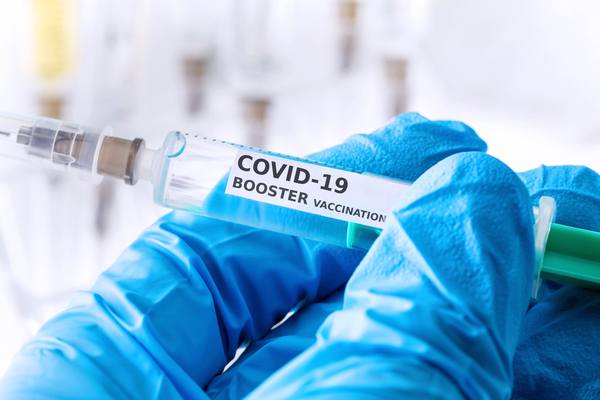Health authorities say they’re closely tracking the spread of three new COVID-19 variants now spreading around the country. Levels of COVID-19 hospitalizations and deaths for now remain far below previous peaks seen during past summer and winter waves of the virus, but have been climbing steadily for several weeks.
The appearance of a new “highly mutated” variant has raised questions among virus trackers about what the coming months could hold.
Public health officials have said that they’re well-equipped for the latest seasonal uptick in the virus, with COVID-19 tests and forthcoming vaccines expected to work for the variants on the rise around the country, but that’s only if people actually get vaccinated.
All the experts encourage everyone to stay up to date on COVID-19 vaccines, which may include a new booster dose in the coming months. In June 2023, the FDA advised vaccine manufacturers to update their boosters to target omicron XBB.1.5, which was the dominant strain at the time.
These shots haven’t been approved yet, but the FDA could authorize Pfizer’s booster shot by the end of August, NBC News reported.
Although the new boosters will not include the EG.5 strain, they may still provide protection, the experts note. “If I vaccinate you with the vaccine that contains XBB, you will make antibodies that are specific to XBB and pretty close to EG.5,” says Nachman.
“Right now, EG.5 looks like it’s very closely matched to the vaccine that’s going to be available this fall,” says Pekosz.
While medical professionals advocate that people just plan on adding a COVID booster to their annual autumn vaccines like the Flu shot, the CDC hasn’t yet released any firm guidance or recommendations around booster doses for the fall. “The message is to pay attention to the COVID vaccine program that’s going to come out in the fall. … It’s a vaccine that many people (especially high-risk individuals) should consider taking,” says Pekosz.
In addition to staying up to date on COVID-19 vaccinations, the experts emphasize taking precautions to protect yourself and curb transmission of COVID-19, including:
- Washing your hands with soap and water (for 20 seconds) frequently. It’s the simplest and best way to keep yourself from getting sick.
- If you’re feeling sick, whether you think it’s “just a cold,” a “sinus thing,” or “a flu,” stay home! Even if it’s not COVID, it’s not fair or considerate to those around you to subject them to your germs.
- Avoid contact with sick people. Seems simple, but people often don’t want to appear rude when coming face to face with someone who’s clearly under the weather. Take care of yourself!
- Improving ventilation by opening windows, doors, or just going outside.
- If you can’t escape a crowded, indoor space, mask up!
- Cover coughs and sneezes – again, be respectful and considerate of others.
—
Photo Credit: Tobias Arhelger / Shutterstock.com
